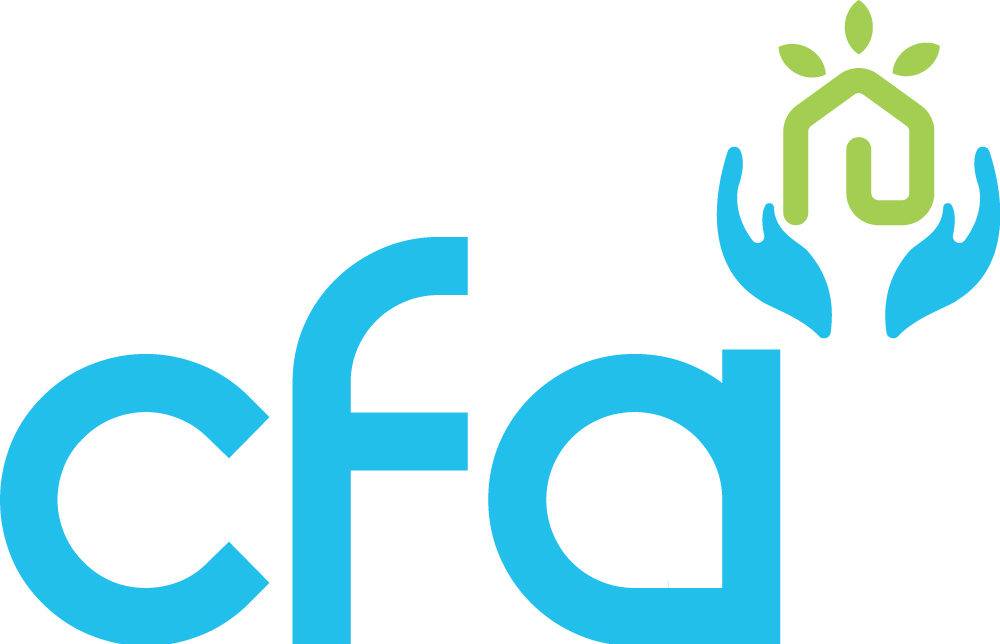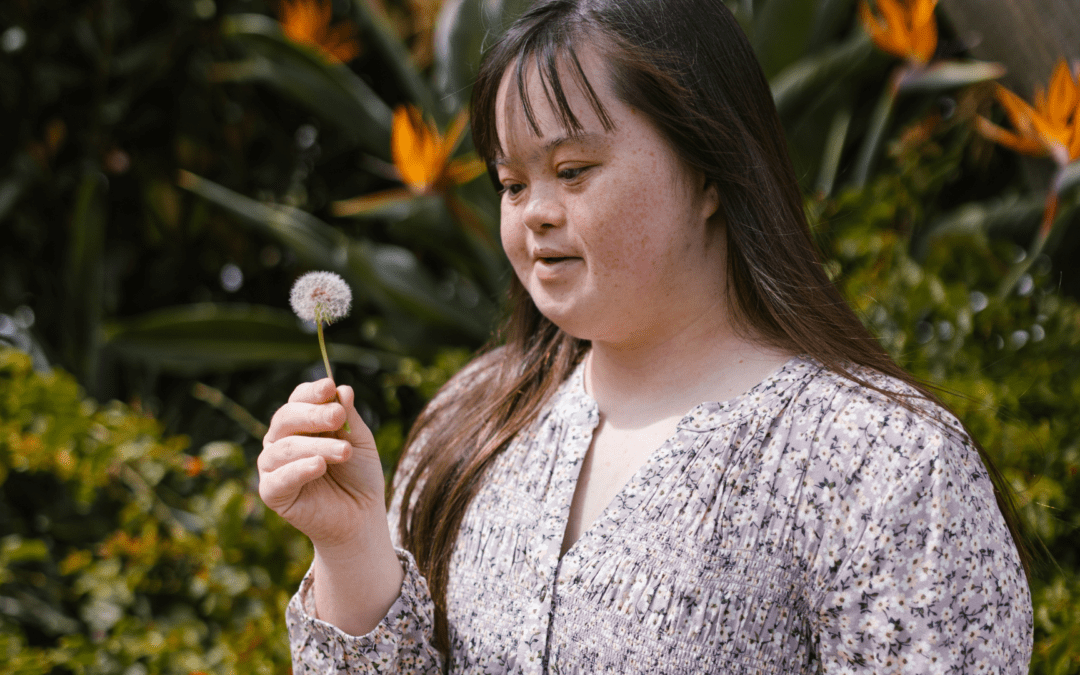Self-care. Something that is so important in our daily lives. If we take care of ourselves, we will be in a healthier, happier state of mind, and we’ll be able to care for our loved ones and fulfill other personal duties with good, positive energy.
When it somes to self-care with intellectual or developmental disabilities, the importance is even more so. For them, self-care skills are essential to improving their independence at home, at school and in their community.
The earlier the better.
If introduced at an early age, self-care skills will improve their self-esteem and help them to lead a more positive, happier life. It will also assist them with learning, planning, sequencing, organization, resilience and the motor skills or physical control necessary to achieve specific tasks.
And what’s great is that when it comes to learning self-care, age is no barrier, and for someone with these disabilities, these skills are not a whole lot different than ours. In fact, they’re pretty much the same.
They just need a helping hand.
Here are some important adult skills to master for self-care with intellectual or developmental disabilities:
- Cooking healthy meals – Health is essential for life, and for someone with these kinds of disabilities, a bit of structure is always beneficial. What better way to implement it than by creating a healthy meal plan for the week and improving their cooking skills. You could create a calendar on the fridge with a healthy meal planned for each day of the week. This will help them to visually see the plan, get excited to cook healthy food options and develop a highly important life skill in the process.
- Hygiene – Before getting busy in the kitchen, it’s important to practice good hygiene, such as washing hands. Helping them to adopt this routine early will set them up for life, as it will become second nature, ensuring that they’re always clean and healthy.
- Brushing teeth – Easy to forget, but essential to remember. Oral hygiene is vital, so implementing a brushing schedule into mornings and evenings after meals is important, as it will ensure their teeth stay strong and clean.
- EXERCISE – It’s just one of those things. It doesn’t have to be high intensity at all. It could be as simple as taking a stroll around the neighborhood. Exercise plays a major part in good mental and physical health, so when it comes to self-care, it definitely makes the list.
- Ironing and dressing – The way you dress affects the way you feel, right? Absolutely. Helping them choose outfits and teaching them how to iron them will provide them with a highly beneficial life skill, and is an act of self-care, because when you look good, you feel good.
- Decluttering – Your home is your sanctuary, so keeping it clean of clutter will do wonders for your mental health. Teaching adults with developmental disabilities to keep their spaces clean and perhaps style it in the way they want will ensure that their space is a place they feel comfortable, which will benefit their mental health.
Self-care is important for everyone. Adults with intellectual and developmental disabilities may struggle to adopt certain self-care routines and skills, so it’s our duty to assist them.
At the end of the day, self-care is self-care. We all require the same benefits that it provides, and people with these disabilities just need a helping hand.
But in case you’re wondering how to go about teaching these self-care skills, here are some tips:
- Identify problem areas – What self-care skills are they struggling with? Focus on those first.
- Give them the courage to help themselves – Take a step back. It may be difficult to see them struggle with a task, but allow them to do things by themself. You won’t be around to watch over them forever, and practice makes perfect.
- Take it one step at a time – It’s a process, not a race. If they’re struggling with something, break it down into smaller steps if you have to. Some pick things up quickly, some need a little bit of extra nurture.
- Make learning fun – Like we mentioned above when it comes to cooking skills. Make it fun. Create calendars. Go grocery shopping together. Send them on missions to find the tomatoes. Create a fun learning experience for them so that they enjoy what they’re doing AND learn a new self-care skill in the process.
When it comes to adults learning the skills of self-care with intellectual or developmental disabilities, they will require patience, love and nurture. They have the capabilities, but they just need someone to guide them on their journey.
As mentioned before, self-care is essential to improve their independence at home, at school and in their community, and will help them to live a more positive, happier life.
We help teach these skills in multiple different settings.
To learn how, read more about us and reach out for our services.
Get Started!
Contact us today to start one of our programs.
Email Address
admin@changefactorsanalysis.com
Call Us
(626) 698-9271
Hours
Mon-Fri 8:00am-6:00pm
Visit
- 5250 Lankershim Blvd, Suite 500 North Hollywood, CA 91601
- 255 E Santa Clara Street, Suite 210 Arcadia, CA 91006

